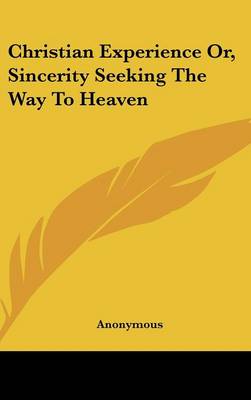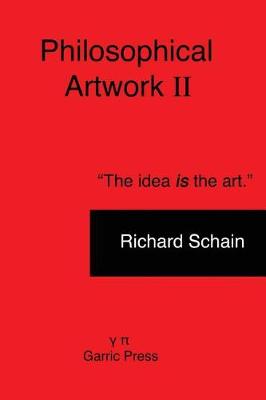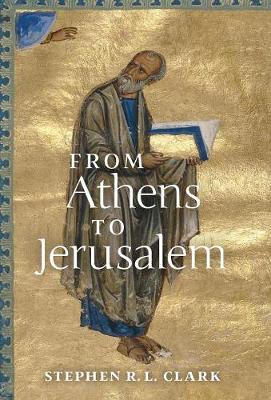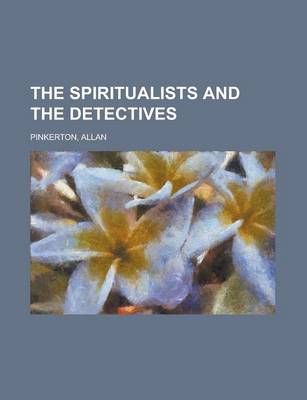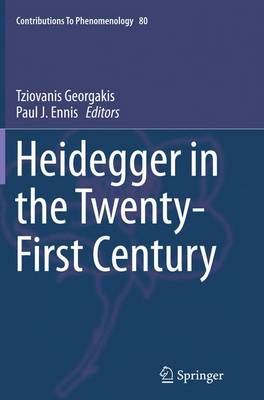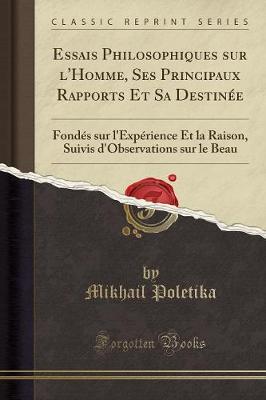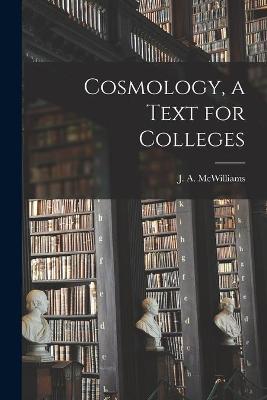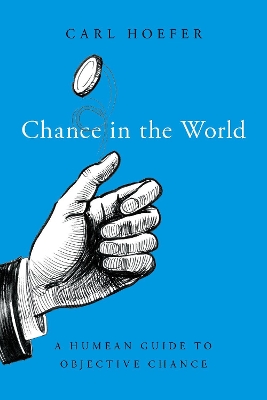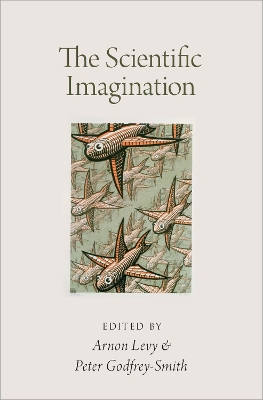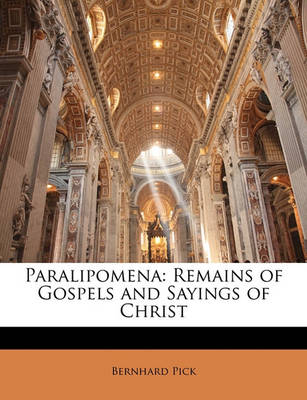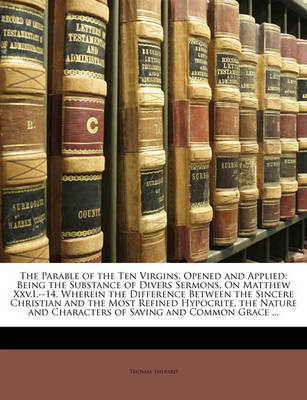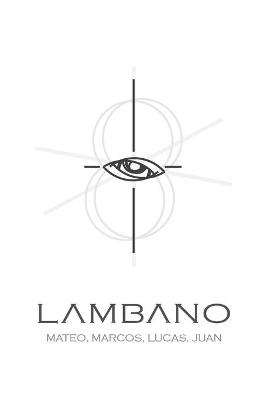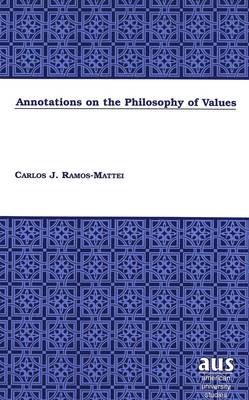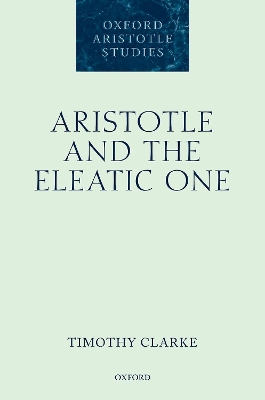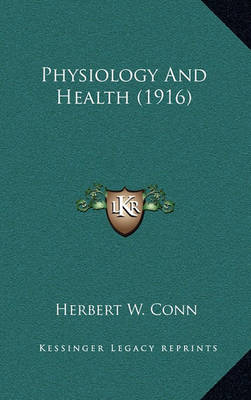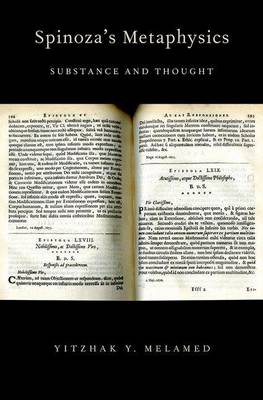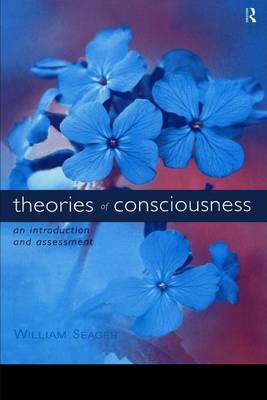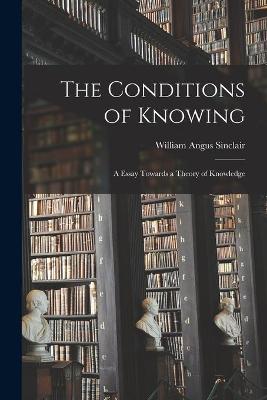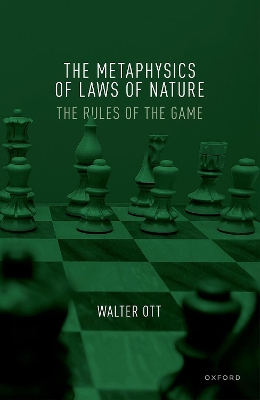Heidegger in the Twenty-First Century (Contributions to Phenomenology, #80)
The current volume is comparative and inter-disciplinary, and it provides a reflection on what thinking might become after Heidegger's philosophy. Its aim is to critically expand the current field of research by presenting unfamiliar and unchartered avenues that will guide and carry the Heidegger scholarship into the twenty-first century. By doing so, it addresses fundamental questions in the Heideggerian scholarship, including its problems, restraints, and future direction. It also engages and...
Essais Philosophiques Sur l'Homme, Ses Principaux Rapports Et Sa Destinee
by Mikhail Poletika
Chance in the World (Oxford Studies in Philosophy of Science)
by Carl Hoefer
Probability has fascinated philosophers, scientists, and mathematicians for hundreds of years. Although the mathematics of probability is, for most applications, clear and uncontroversial, the interpretation of probability statements continues to be fraught with controversy and confusion. What does it mean to say that the probability of some event X occurring is 31%? In the 20th century a consensus emerged that there are at least two legitimate kinds of probability, and correspondingly at le...
The Scientific Imagination
The imagination, our capacity to entertain thoughts and ideas "in the mind's eye," is indispensable in science as elsewhere in human life. Indeed, common scientific practices such as modeling and idealization rely on the imagination to construct simplified, stylized scenarios essential for scientific understanding. Yet the philosophy of science has traditionally shied away from according an important role to the imagination, wary of psychologizing fundamental scientific concepts like explanation...
Logos of Phenomenology and Phenomenology of the Logos. Book One
by England) World Congress of Phenomenology (3rd 2004 Oxford
Annotations on the Philosophy of Values (American University Studies, Series 5: Philosophy, #185)
by Carlos Ramos-Mattei
In this book Timothy Clarke examines Aristotle's response to Eleatic monism, the theory of Parmenides of Elea and his followers that reality is 'one'. Clarke argues that Aristotle interprets the Eleatics as thoroughgoing monists, for whom the pluralistic, changing world of the senses is a mere illusion. Understood in this way, the Eleatic theory constitutes a radical challenge to the possibility of natural philosophy. Aristotle discusses the Eleatics in several works, including De Caelo, De Gene...
Spinoza's Metaphysics: Substance and Thought
by Professor of Philosophy Yitzhak Y Melamed
Theories of Consciousness (Philosophical Issues in Science)
by William Seager
The most remarkable fact about the universe is that certain parts of it are conscious. Somehow nature has managed to pull the rabbit of experience out of a hat made of mere matter. Making its own contribution to the current, lively debate about the nature of consciousness, Theories of Consciousness introduces variety of approaches to consciousness and explores to what extent scientific understanding of consciousness is possible. Including discussion of key figures, such as Descartes, Foder, Denn...
It can seem obvious that we live in a world governed by laws of nature, yet it was not until the seventeenth century that the concept of a law came to the fore. Ever since, it has been attended by controversy: what does it mean to say that Boyle's law governs the expansion of a gas, or that the planets obey the law of gravity? Laws are rules that permit calculations and predictions. What does the universe have to be like, if it is to play by them? This book sorts the most prominent answers into...
